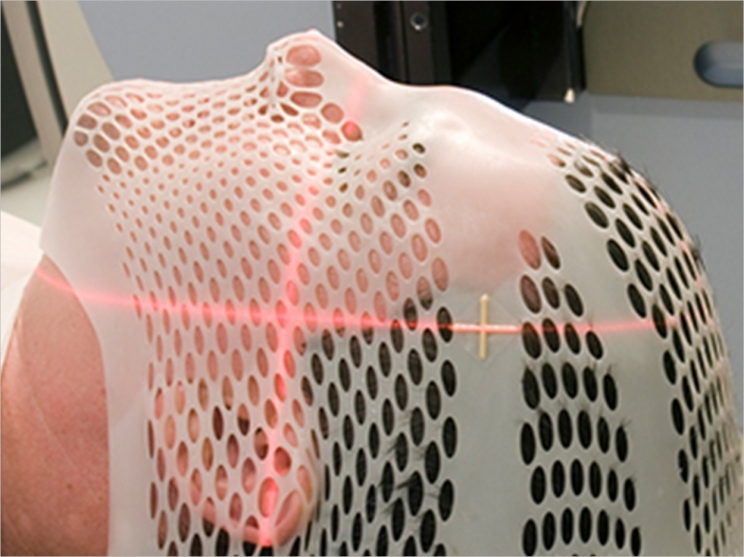
A study published in the International Journal of Dental Hygiene analyzed the tongue and buccal microflora prospectively in head and neck cancer patients treated with radiation therapy (RT). The study involved 33 dentate patients.
Microbial samples from the tongue and buccal mucosa were collected pretreatment, during treatment, and 6 months, one year, and 2 years post-treatment. Microorganisms associated with oral health and oral disorders were analyzed using a cultivation technique. Oral mucositis was scored at the appointment during treatment.
The study found that compared with pretreatment, lactobacilli and Candida increased on the tongue, while streptococci and Neisseria decreased during treatment. Two years post-treatment, Neisseria and Prevotella were decreased, and Candida increased.
On the buccal mucosa, an increased growth of lactobacilli and increased detection frequencies of the opportunistic bacteria Staphylococcus aureus, Gram-negative enteric rods, and enterococci were seen during treatment compared with pretreatment. Seventy percent showed severe mucositis during treatment. Two years post-treatment, the total count as well as streptococci, Neisseria, and Fusobacterium nucleatum were decreased and lactobacilli increased compared with pretreatment.
The study concluded that despite improvements in treatment for cancer in the head and neck region, microorganisms associated with oral health decrease during treatment and mucosal pathogens increase. Two years post-treatment, levels of acid-tolerant microorganisms (lactobacilli and Candida) were increased, while acid-sensitive microorganisms (Neisseria and F nucleatum) were decreased, plausibly due to persisting decreased salivary secretion rate. (Source: International Journal of Dental Hygiene, Vol. 16, Issue 2, May, 2018)
Related Articles
Dental Implants See High Success Rates Even After Radiation Therapy
Guidelines Announced for Oropharyngeal Cancer Radiation Treatment
Cancer Patients Require Managed Oral Healthcare











